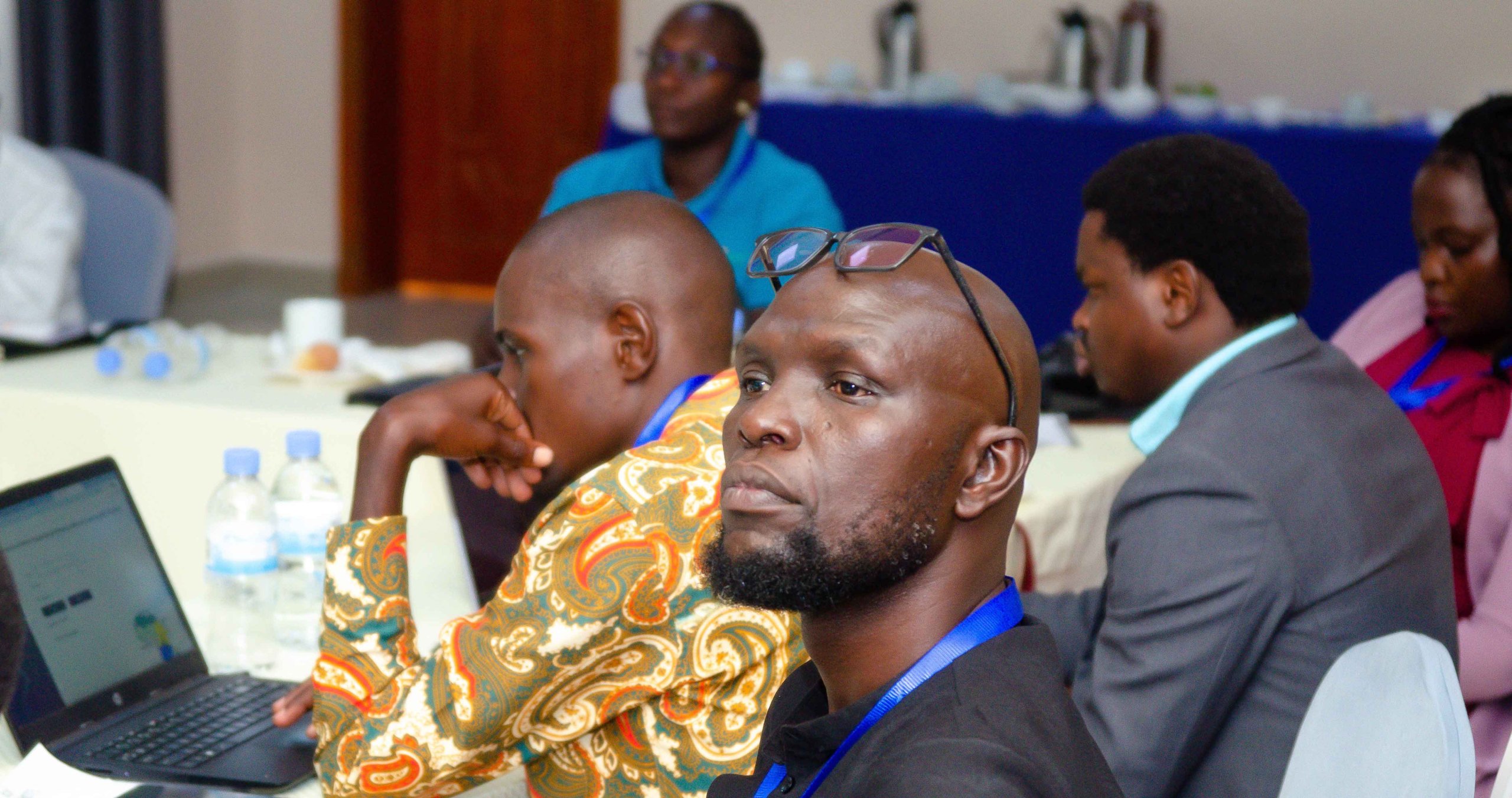East African stakeholders get Knowledge Management Training to Catalyze Improvement in Rural Livelihoods

Communication and Knowledge management are critical in the delivery of Agricultural Research and extension outputs
By Sharon Ibenu (AFAAS), Genevieve Apio (ASARECA), Daniel Peprah (FARA)
Kigali, Rwanda: A consortium consisting of the Forum for Agricultural Research in Africa (FARA), the Association of Agricultural Research in Eastern and Central Africa (ASARECA), and the Eastern Farmers Federation (EAFF) are conducting a five-day training for implementing teams from the National Agricultural Research and Extension Systems in Eastern and Central Africa.
The training on Communication and Knowledge Management targets third parties of the Strengthening Agricultural Knowledge and Innovation Ecosystem for Inclusive Rural Transformation and Livelihoods in Eastern Africa (AIRTEA) Project. The project is funded by the Organization of African, Caribbean and Pacific States (OACPS) through ACP-Innovation Fund, which is financed by the European Union (EU) through the 11th European Development Fund (EDF).
Participants during a field excursion at Bella flower farm owned by the Government of Rwanda. The farm employs more than 800 people mainly the youth.
The workshop, which runs up to March 10, 2023 is designed to strengthen capacities of implementing partners in collective learning, knowledge exchange and communication, as well as prepare Third Party project outputs in preparation for the Annual AIRTEA Project review. The products developed by third party partners will be disseminated widely including during the Africa Agribusiness Science Week (AASW8) side event.
Addressing third party stakeholders Mr. Benjamin Abugri, the Knowledge Management Cluster Lead, FARA, said that the training will equip project beneficiaries with the right tools and skills to advance agricultural communication and knowledge sharing and learning and will advance the fortunes of African farmer/agripreneur and provide visibility for the funder.
The project lead, Dr. Antwi Kwaku, in his welcome remarks emphasized the need for effective communication of project activities to achieve the intended impacts by the various third-party projects. “There is need to communicate our achievements, not only to ourselves, but to broader stakeholders by using appropriate communication and knowledge management guidelines and tools,” he noted.
ASARECA Technical Communications Officer, Mr. Ben Moses Ilakut said Communication and Knowledge management are critical in the delivery of Agricultural Research and extension outputs. “Knowledge management and communication are key to the realization of the project’s objectives. The communication and visibility plan of the project highlights how partners and stakeholders communicate internally amongst themselves and with external partners to achieve the projects objective,” he said.
The consortium members consider Knowledge management and communication as key to the realization of the project’s objectives. The communication and visibility plan of the project highlights how partners and stakeholders would communicate internally amongst themselves and externally among stakeholders in order to achieve the projects objective of contributing to sustainable agrarian livelihoods and rural transformation by fostering inclusive innovation environment.
